A person will basically have a lifetime of his own Pulse or. Heartbeat accompanied. A healthy person's heart beats more than 100,000 per day. The pulse also proves to be of essential importance for the human body.
What is the pulse
In modern medicine, the individual movements of the vessel walls are called Pulse. Both the mechanical expansions and the mechanical contractions of the vessel walls are examined more closely within the scope of the definition.
Relatively large pressure waves are primarily responsible for the individual movements. These pressure waves are caused by the normal activity of the heart. In modern medicine, however, the pulse is also used to refer to the vascular expansion that can be detected in certain areas of the body.
Measure, evaluate & examine your pulse (healthy pulse)
So that the Pulse can be reliably assessed, the pulse rate is examined more closely, among other things. In modern medicine, the term pulse rate describes the number of beats per minute.
In addition to the pulse frequency, the pulse rhythm and the pulse quality also play an important role in pulse measurement. The actual pulse measurement can be carried out both manually and electronically. If a manual measurement is considered, it can be tackled at various points on the body. The examining person determines the activity of an artery, for example in the temple area, by using their fingertips.
The manual measurement can also be carried out in the armpit area or directly on the wrist. In addition to the neck, however, the hollows of the knees and the back of the feet also offer suitable places for pulse measurement. As part of the electronic pulse measurement, an ear clip is usually used. A finger clip is also often used.
Depending on age, a pulse between 60 and 140 beats is considered normal. According to medical studies, the pulse rate in women is significantly higher than in men. Likewise, the pulse in the veins is much weaker than in the arteries. In addition, a particularly high level of physical activity can noticeably slow down the pulse rate.
Function, effect & tasks
The Pulse a particularly high level of attention is paid to in modern medicine. For example, a changed pulse rate allows initial conclusions to be drawn about a serious underlying disease. In addition, increased blood lipid levels, for example, can have a negative effect on the pulse rate. In most cases, a changed heart rate is also seen as the first sign of serious heart disease.
Diseases
It is not uncommon for a large number of people to become more severe in the course of a detailed examination Pulse (also heart palpitations) diagnosed.
Basically, a pulse of more than 100 beats per minute is considered extremely dangerous. A pulse of more than 100 beats often occurs in the context of psychological stress or in the context of an overactive thyroid. Since the brain is no longer supplied with sufficient oxygen as part of the increased heart rate, it can sometimes lead to life-threatening side effects such as severe dizziness or fainting attacks.
Because an increased pulse is not infrequently based on a drug intolerance, a modified therapy should be considered under certain circumstances. In addition to an increased heart rate, leading physicians also consider a relatively low heart rate to be extremely critical. If a normal value of 60 beats per minute is not reached, a doctor should be consulted as soon as possible. A low heart rate is not infrequently based on an underactive thyroid.
Often diseases such as typhoid or yellow fever are also associated with a relatively low pulse. Relatively low blood pressure can often be accompanied by serious side effects. The affected patients often complain about a particularly low level of resilience.
In particularly serious cases, a brief loss of consciousness can also occur. If left untreated, it often leads to cardiac arrest regardless of its duration. Only an appropriately trained doctor can reliably detect a changed pulse and treat it early.
You can find your medication here
➔ Medicines to strengthen the heart and circulatory systemTypical & common heart diseases
- Heart attack
- Pericarditis
- Heart failure
- Atrial fibrillation
- Myocarditis

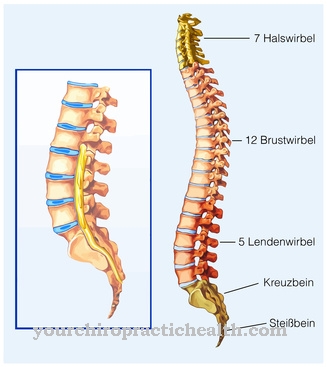
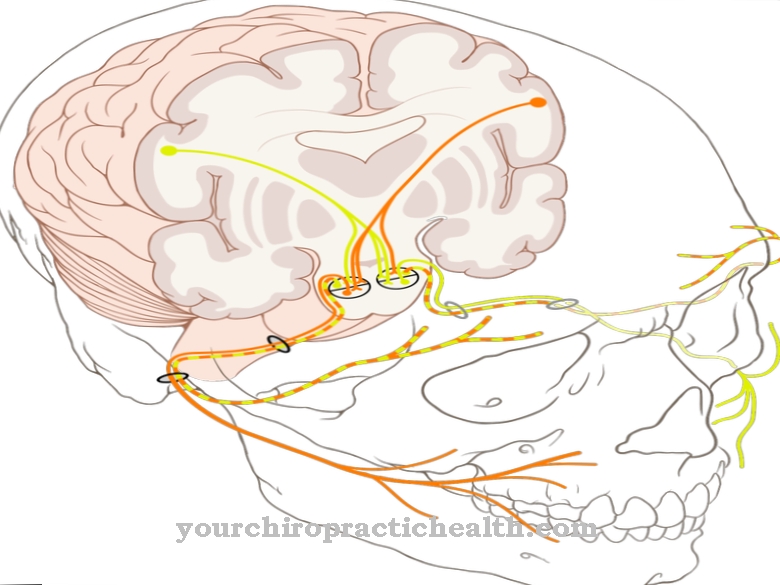
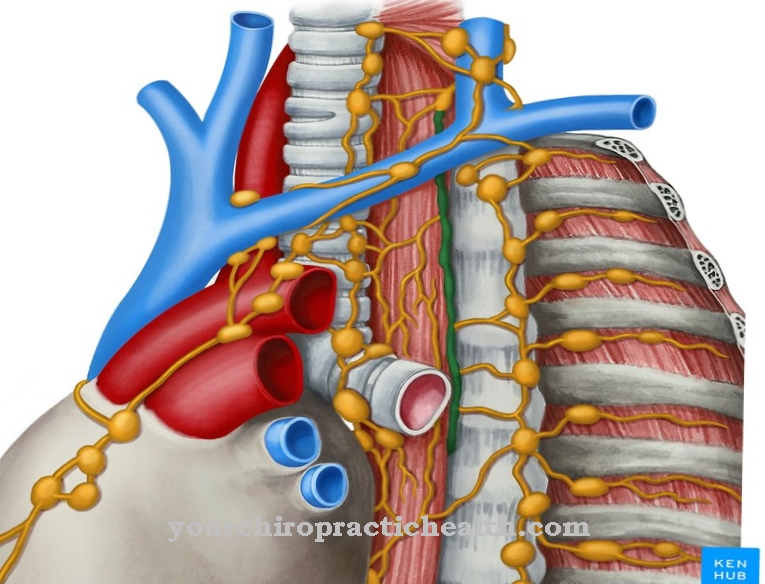
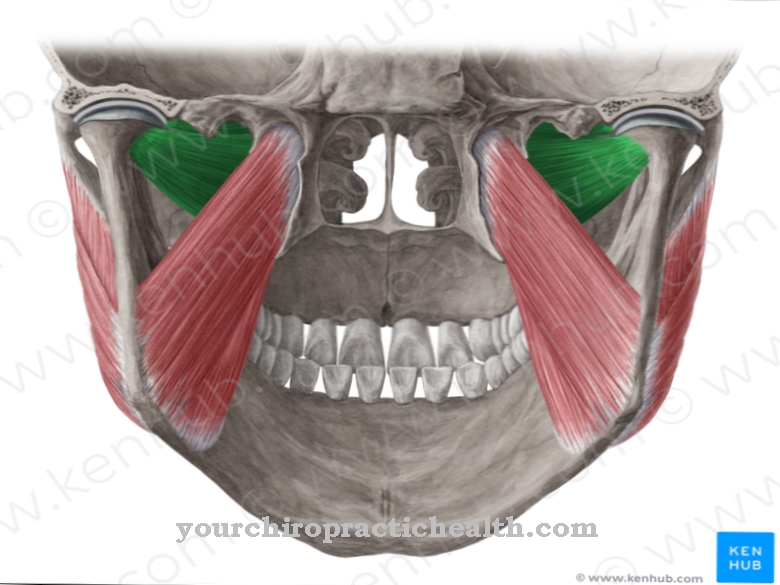
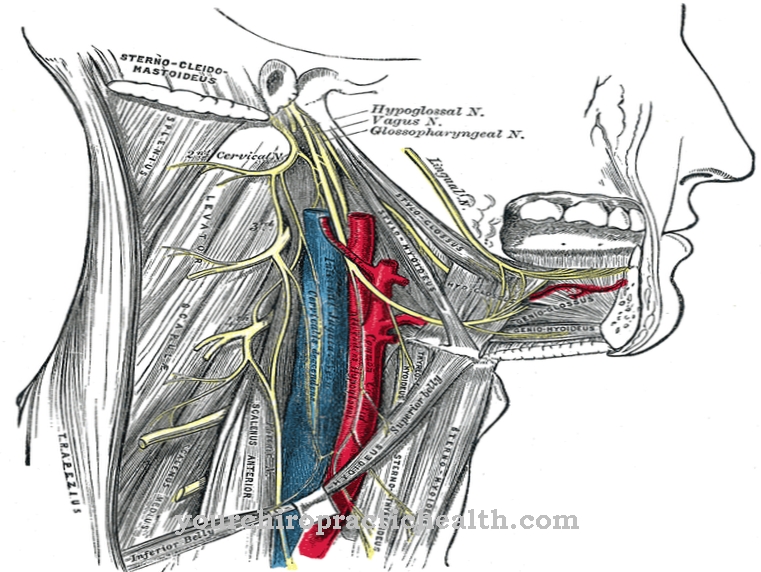


















.jpg)



